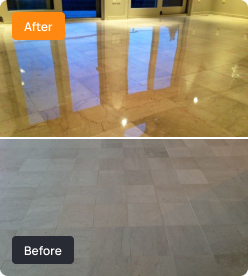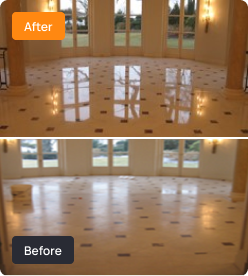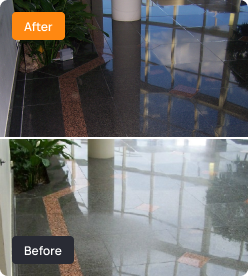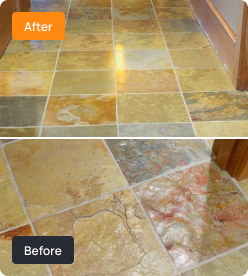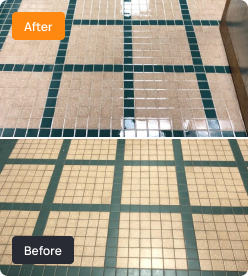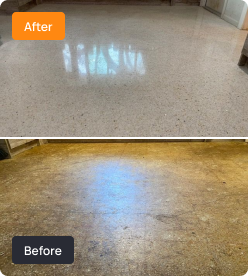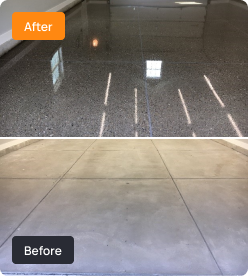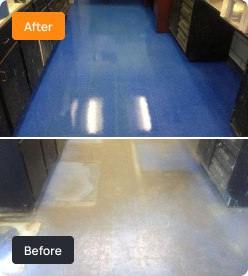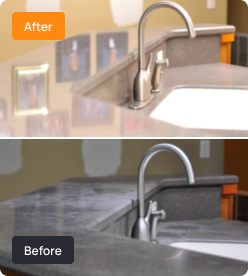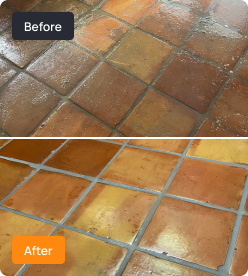DIY Cleaning Blunders: Are Your Home Solutions Really Safe?
Have you ever spilled oil on a marble countertop or watched in horror as a homemade cleaning mixture turned your tiles from gleaming to grimy? We’ve all been there. From New York lofts to Texas ranches, DIY cleaning misadventures unite us all. But what if I told you that the key to flawless surfaces […]
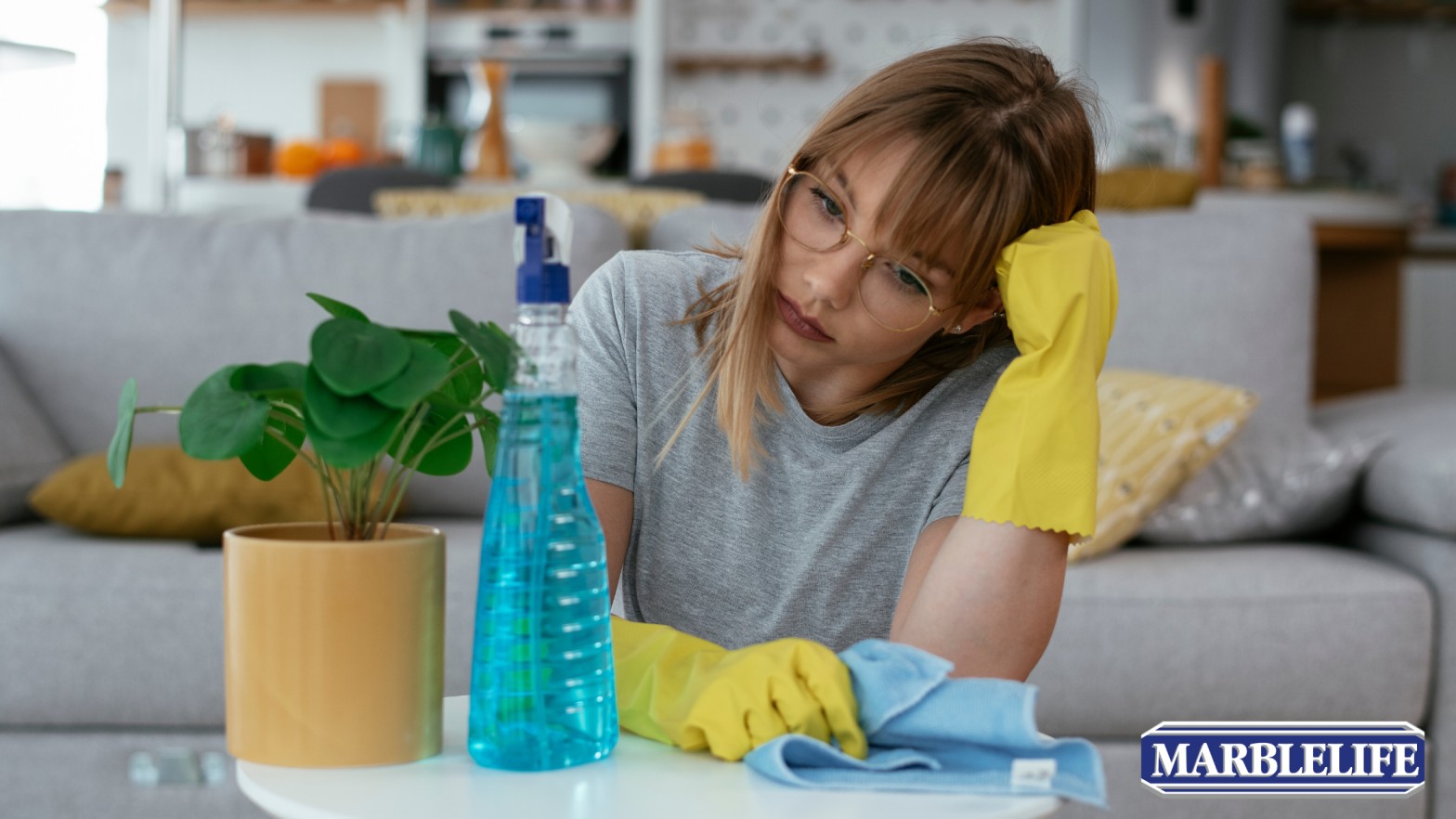

Have you ever spilled oil on a marble countertop or watched in horror as a homemade cleaning mixture turned your tiles from gleaming to grimy?
We’ve all been there. From New York lofts to Texas ranches, DIY cleaning misadventures unite us all. But what if I told you that the key to flawless surfaces isn’t just elbow grease but science?
This article explores the common cleaning myths and misconceptions and highlights the science-backed strategies to ensure your surfaces remain perfectly clean.
Understanding Hard Surfaces
When we talk about the surfaces in our homes, we’re not just referring to the obvious, like marble or granite. Our living spaces are adorned with various materials, each with different properties. Here’s a quick overview:
- Marble: A luxurious choice known for its veiny patterns and soft texture, it can be susceptible to stains and scratches.
- Granite: A popular choice for countertops due to its durability and diverse color options.
- Tiles: Often found in bathrooms and kitchens, tiles can vary in material, from ceramic to porcelain, each with its own cleaning needs.
- Travertine: A type of limestone with a unique porous structure, often used for patios and outdoor spaces.
- Concrete: More than just your garage floor, concrete is now a trendy choice for indoor spaces, prized for its industrial look, but it can be porous and absorb stains.
Understanding these surfaces is the first step in ensuring we treat them right, avoiding common cleaning mistakes that can do more harm than good.
Common DIY Cleaning Blunders Across Surfaces
Many people rely on DIY cleaning methods that have been passed down for generations. Some of these old-fashioned tips might be effective, but others, even though they are widely used, can damage your surfaces and leave you with a hefty bill for repairs or replacements to restore that NEW CLEAN look you wanted.
Beware of Acids
Lemon and vinegar might be great for your salad but not for your marble or travertine surfaces. Their acids can make them lose their luster. Just because something is natural doesn’t mean it’s always good for you, and that’s the case with lemon and vinegar when it comes to marble, granite, or any grout surfaces.
Avoid Harsh Scrubbers
Using steel wool or a scouring pad to remove a tough stain on tiles or granite might seem like a good idea. But this harsh method can scratch the surface and make it easier for dirt to stick, causing more stains later. Moreover, this method may not work well if the dirt has already seeped into the surface, and it may ruin the surface and worsen the stain. You should be careful and use suitable cleaning methods to protect your surfaces.
Less is More with Water
Water may seem like the ideal solution for cleaning surfaces, but it can do more harm than good for porous ones, such as concrete.
It contains impurities, such as iron(rust) or calcium carbonate, that can cause discoloration or even structural damage over time. Water can also make stains worse if the surface is unsealed, as it can spread the stain rather than remove it. It works well for sealed surfaces, but for unsealed ones, it can make a water-soluble stain sink deeper and wider. A poultice is a better option in these situations.
Neglecting Sealed Surfaces
Many people think that sealing a surface makes it stain-proof and damage-proof. But even sealed surfaces need regular cleaning to keep their protection.
If not, the sealant can break down over time and stop working. Sealants are like shoes and clothes – they wear out, especially when exposed to acidic cleaners or spills. Those spills of soda, orange juice, beer, coffee, or tea can stain your surface. This is common in many homes, and you can see it in the stained grout.
The Mixer’s Misstep
Mixing different cleaners might seem like a smart way to make them more powerful, but it can actually be very risky. When combined, some cleaning products can release harmful fumes or lower their cleaning efficiency.
Therefore, you should never mix chemicals without knowing and understanding what you are doing. It is safer to ask for advice from an expert who has experience with similar problems instead of trying things randomly.
Did you know that one out of every five restoration projects done by MARBLELIFE is because of using unsuitable cleaners that have damaged surfaces or grout? So, you should be careful and use only reliable and recommended cleaning products.
Cleaning begins with Sealing
A sealed surface keeps dirt and spills on top, making it simple to clean. You can often wipe off most of the spill or grease with a dry paper towel, which makes the next cleaning step easier. Vinegar and, lemon juice, and other natural acids like them may help get rid of dirt, but they can also harm and strip away the seal on your granite, grout, and marble surfaces. For marble and travertine, they can even eat away the surface of the stone, causing dullness, stains, rings, and water spots.
Tiles and grout floors need protection from possible staining to keep them looking good for a long time. You can do this by using the MARBLELIFE Grout Sealer, a high-quality sealer.
However, if your grout color is already uneven or faded between the edge and the center of the room, it is probably already stained. In this situation, you have to remove the stain from the open pores before sealing, or you will trap it inside.
You have two options: either hire a professional to clean it with power washing to get rid of the dirt or use a special cleaner like MARBLELIFE MAXOUT Deep Cleaning Grout Cleaner, which is designed to pull out the dirt from the pores.
After you are happy with the cleaning, seal the pores again to prevent future dirt from entering your grout surface. If you skip this step, you will waste a lot of time, energy, money, and patience to re-clean the open pore.
Expert-Guided Cleaning Practices for Superior Surface Care
Caring for surfaces might seem daunting, especially with so many materials and products out there. But with a little guidance, it’s a breeze. Here’s how to ensure every surface in your home shines and remains healthy:
Get to Know Your Surface
Different surfaces have different features and require different treatments. For example, a gentle marble countertop needs soft cleaning solutions, while a hard granite surface can handle stronger chemicals.
It’s crucial to match the care to the nature of the surface to prevent damage. Using a glass cleaner on granite may add wax and build-up, reducing its brightness over time.
Therefore, using the correct cleaner for the particular surface is important to preserve its look and durability.
Routine is Your Friend
Keeping your surroundings clean is important for your health and safety. Just like you brush your teeth regularly, you should also clean regularly to prevent any issues. You can either follow a cleaning routine or clean as you go. This will not only make your surfaces happy but also extend their life. For example, if you enjoy grilling steaks, you know that the oven needs to be cleaned after each use to get rid of the grease stains. It’s important to clean the surfaces before the grease and oil soak in, especially if you have granite, marble, concrete, or slate countertops.
Quality Over Everything
Just like your hair deserves the best shampoo, your surfaces deserve the best products. Good products make your surfaces look amazing and reduce the need for frequent cleaning. Quality matters more than hype. At MARBLELIFE, we are the only service provider that makes cleaners and sealers with our expertise in the causes of surface problems. Our mission is to educate the world on how to care for their surfaces. We offer free consultations because we know that each case is different.
Are you battling mold and mildew?
Using vinegar will not solve the problem but could make it worse by creating more openings in your grout for water to accumulate and mold to grow. To manage mold and mildew, you need to know what conditions they like and how to prevent them. When you want to restore and seal the original surface, you need The MARBLELIFE Mold & Mildew Stain Remover Cleaner, followed by a grout sealer once your grout lines look clean again.
This product is award-winning, and MARBLELIFE’s restoration team prefers it over others – it is quick and effective. It is so quick that it can remove mold and mildew from a driveway or sidewalk without scrubbing.
Quick and effective means a product designed to work for you. It goes deeper, offering a better clean than regular bleach, making sure your surfaces are free of black mold stains. Vinegar, on the other hand, can harm grout seals, creating pores that collect shower water and breed mold as they provide a dark and damp environment that mold likes.
Stay Updated
The world changes, and so do cleaning methods. Every once in a while, check out what’s new in surface care. A little reading can save a lot of effort in the long run.
When in Doubt, Ask
We are experts who are passionate about surfaces. Don’t hesitate to ask us anything. It’s smarter to ask for help for a minute than to waste hours fixing a mistake.
For instance, you can visit our website at MARBLELIFE.com and enter your zip code to connect with a trained expert who understands how to clean and restore different surfaces and how they interact with the local weather. Whether in Florida’s sand or Michigan’s cold, we’ve got you covered.
Concluding Thoughts
Many people like to do things themselves because they think they can save money and time. But when it comes to taking care of your surfaces, you need to be careful. You might end up paying a lot more if you make a simple mistake.
That’s why you need to use science and experience to choose the right products. A cheap cleaner that you bought with a coupon might ruin your surface and cost you $1000 to fix it. Wouldn’t you rather spend $15 on a high-quality cleaner that suits your surface’s specific needs?
This is a common problem that MARBLELIFE sees all the time. Vinegar is the worst thing you can use. It’s in every home, and people think it’s natural and healthy, but it does more harm to your grout and marble counters than anything else in America.
So, the next time you look at that countertop, floor, or wall, remember the science and precision that goes into maintaining its beauty. And if ever in doubt, lean on the expertise of seasoned professionals who’ve dedicated years to mastering this art backed by science.
Need expert care solutions? Contact us now at 800-627-4569.


